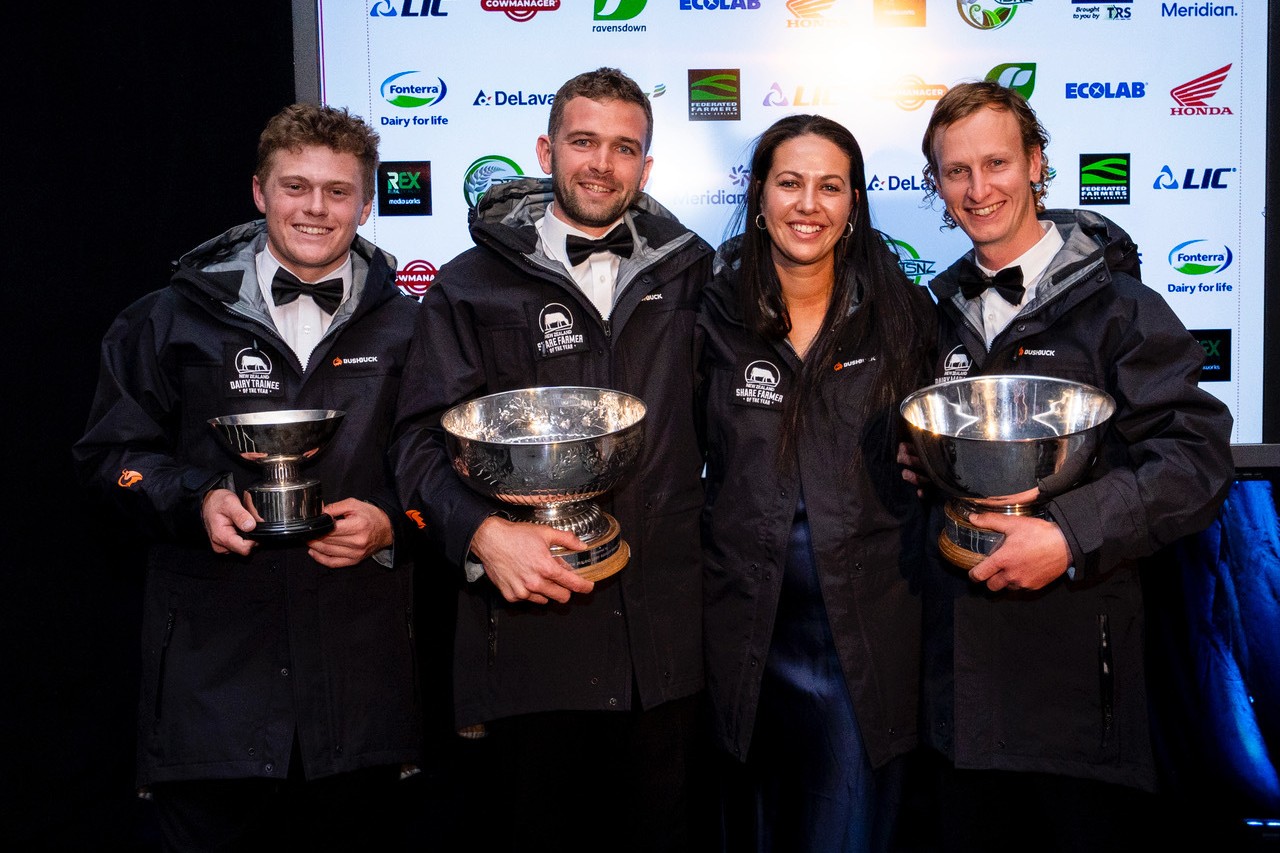Climate change – what can we do?
We have managed to work together to keep Covid out of the country: it’s taken a lot of work and cost lots of money, but we worked as a team and looked after each other.
So now we turn to climate change – can we do this too? Can we afford to do nothing?
Last year, New Zealand continued to see warmer than average temperatures – the warmest winter on record and the seventh warmest year on record. Interestingly, of the eight warmest years on record, six have occurred since 2013.
According to NIWA’s Chris Brandolino, 88% of the world experienced above-average temperatures in 2020.
New Zealand also had its share of adverse weather events in 2020: flooding events, low snowfall on Aoraki Mt Cook, and the Motueka Boxing Day hailstorms, along with drought in the upper North Island, with Auckland experiencing 47 dry days in a row.
Expectation over the coming decades is for a warmer climate, a rise in sea level, and in addition to that, more extreme rainfall, he said.
As the earth’s climate becomes more extreme, there will be large parts of the earth that will become not just unpleasant but downright uninhabitable. The inequity of people losing their lives and homes and economies in poor countries will cause potentially massive power struggles and civil unrest.
While things probably won’t be that bad in a temperate country like New Zealand, will our discerning dairy consumers still want to consume our products without the environmental credentials that say we are at least trying to curb our carbon use?
2021 is the year to start the Net Zero Carbon journey, and we have 30 years to get there. Our special report (page 46) lays out how the dairy sector, through He Waka Eke Noa, is going to get there, and how a number of farmers have already started the journey: cutting cow numbers and reducing carbon but retaining production and profitability from more efficient cows.
Donovan and Sophie Croot are actively breeding more efficient cows and planning to sell elite females as a side hustle. (pg72)
Harriet Bremner talks about how to get children involved in conversations about safety onfarm, as they need to be taught how to be scouting unsafe practices when they are out there.
Every big job starts with the first step; let’s get walking New Zealand.





